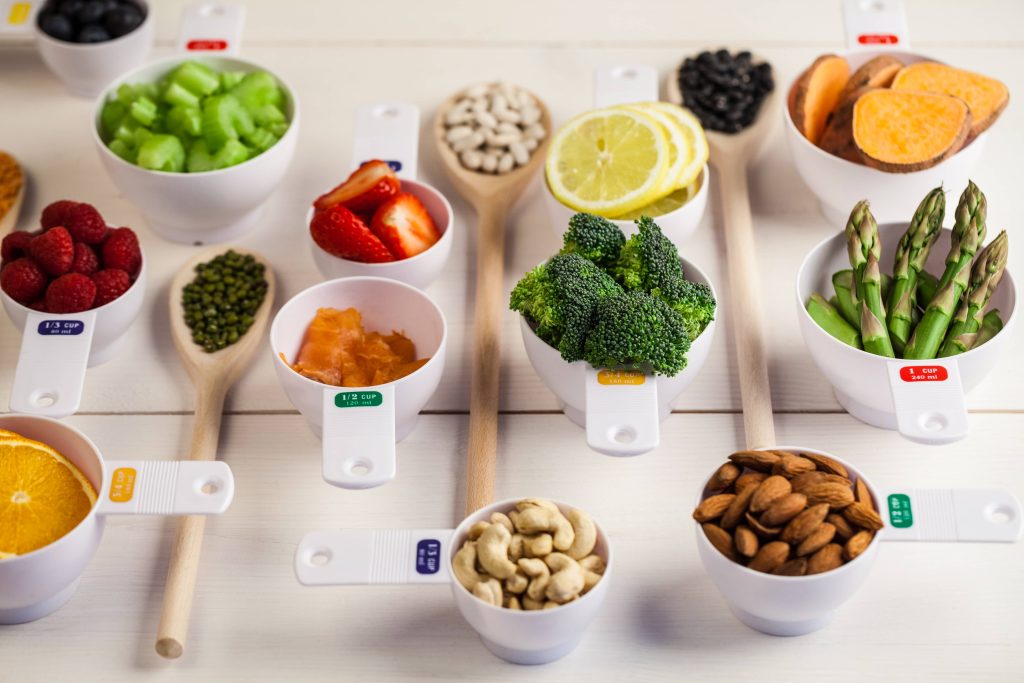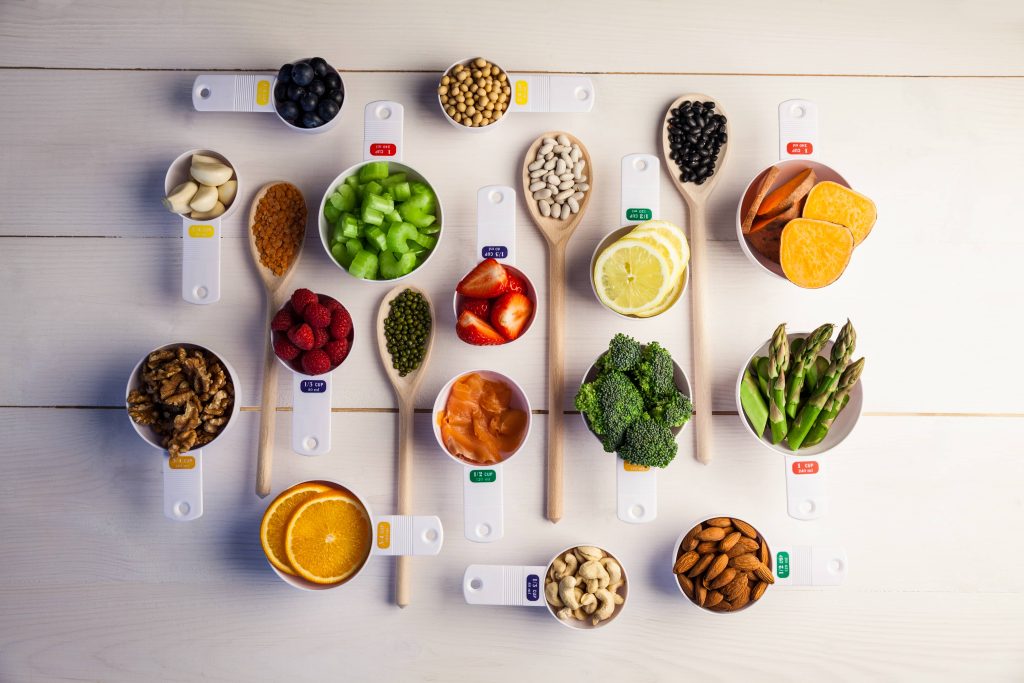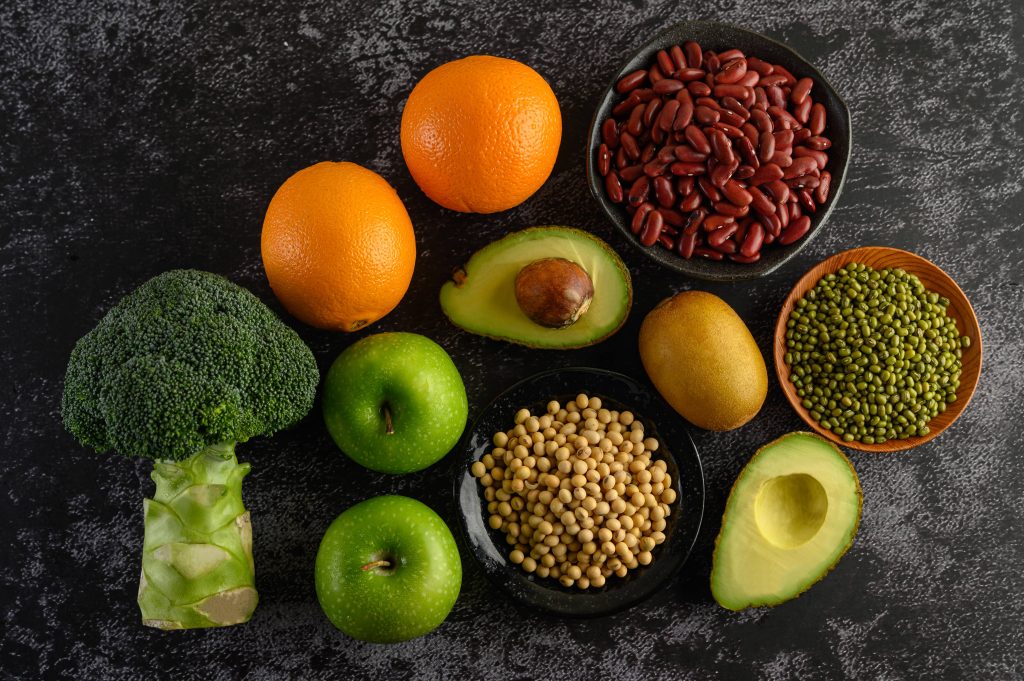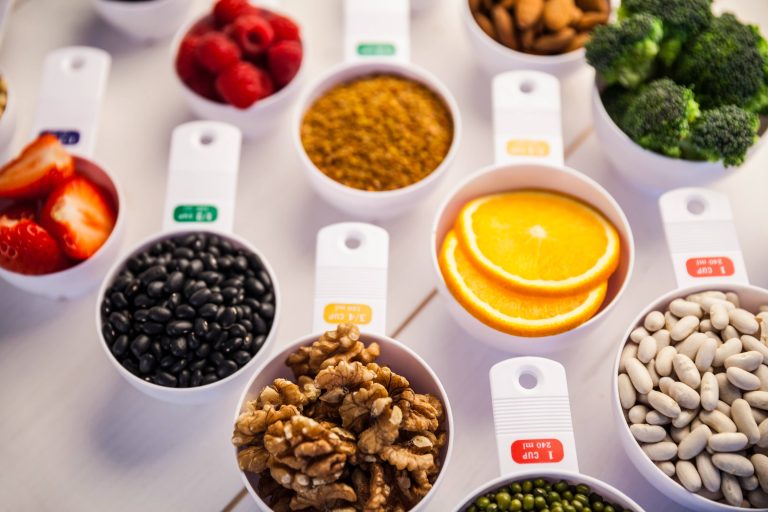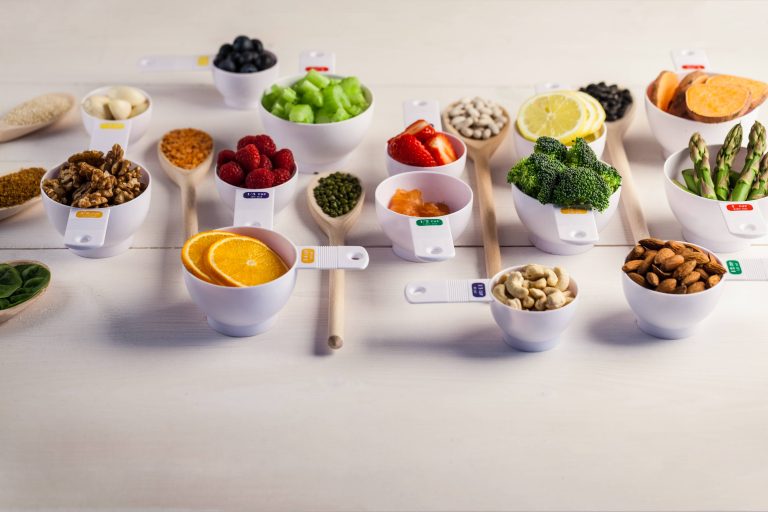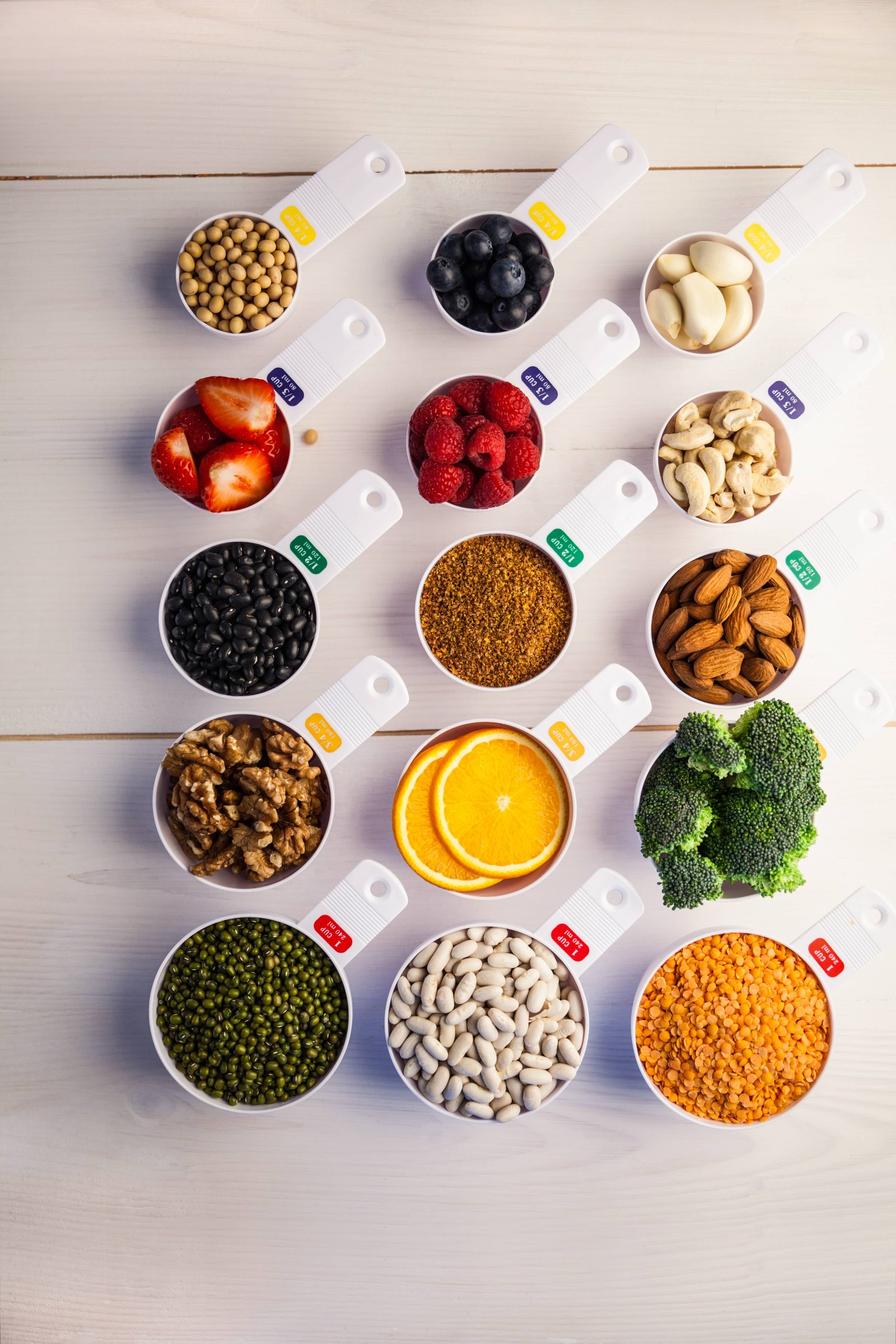
In the ever-evolving world of health and wellness, the quest for sustainable weight loss remains a top priority for many individuals. As we step into 2024, it’s essential to explore diet plans that not only promise results but also promote long-term health and well-being. This blog post delves into some of the most effective diets for achieving sustainable weight loss, focusing on their principles, benefits, and potential challenges.
Understanding Sustainable Weight Loss
Before diving into specific diets, it’s crucial to understand what sustainable weight loss means. Unlike quick-fix solutions that often lead to yo-yo dieting, sustainable weight loss emphasizes gradual, consistent changes in eating habits and lifestyle. The goal is to achieve a healthy weight that can be maintained over time without extreme measures.
The Mediterranean Diet
Overview: The Mediterranean diet is inspired by the traditional eating patterns of countries bordering the Mediterranean Sea. It emphasizes whole foods, healthy fats, and a balanced intake of nutrients.
Key Components:
– High consumption of fruits, vegetables, whole grains, and legumes.
– Healthy fats from sources like olive oil and nuts.
– Moderate intake of fish and poultry.
– Limited consumption of red meat and sweets.
Benefits: Numerous studies have linked the Mediterranean diet to weight loss, improved heart health, and reduced risk of chronic diseases. Its focus on whole foods and healthy fats makes it a sustainable choice for long-term health.
Challenges: While the Mediterranean diet is generally well-received, some individuals may find it challenging to limit red meat and sweets, especially if these are staples in their current diet.
The DASH Diet
Overview: Originally designed to combat hypertension, the Dietary Approaches to Stop Hypertension (DASH) diet has gained popularity for its weight loss benefits.
Key Components:
– Emphasis on fruits, vegetables, and low-fat dairy.
– Whole grains, lean proteins, and nuts are encouraged.
– Reduction in sodium intake and processed foods.
Benefits: The DASH diet is known for its heart health benefits and its ability to lower blood pressure. Its balanced approach to nutrition makes it a viable option for sustainable weight loss.
Challenges: Adapting to a low-sodium diet can be difficult for those accustomed to processed foods. Meal planning and preparation may require more effort to ensure variety and flavor.
The Flexitarian Diet
Overview: The flexitarian diet is a flexible approach to vegetarianism, allowing occasional meat consumption while primarily focusing on plant-based foods.
Key Components:
– Predominantly plant-based meals with occasional meat or fish.
– Emphasis on whole grains, fruits, vegetables, and legumes.
– Limited intake of processed foods and added sugars.
Benefits: The flexitarian diet offers the benefits of a vegetarian lifestyle, such as improved digestion and reduced risk of chronic diseases, while allowing flexibility. This makes it easier to adhere to in the long term.
Challenges: Transitioning to a primarily plant-based diet may require learning new recipes and cooking techniques. Ensuring adequate protein intake can also be a concern for some individuals.
The Intermittent Fasting Approach
Overview: Intermittent fasting (IF) is an eating pattern that cycles between periods of fasting and eating. It doesn’t specify which foods to eat but rather when to eat them.
Key Components:
– Common methods include the 16/8 method (16 hours of fasting, 8 hours of eating) and the 5:2 method (eating normally for five days, restricting calories for two days).
– Focus on whole, nutrient-dense foods during eating periods.
Benefits: IF has been shown to aid weight loss, improve metabolic health, and enhance brain function. Its simplicity and flexibility make it appealing to many.
Challenges: Fasting periods can be difficult for beginners, and some may experience hunger or fatigue. It’s important to ensure nutritional needs are met during eating windows.
The Whole30 Program
Overview: Whole30 is a 30-day program that eliminates certain food groups to reset the body and identify potential food sensitivities.
Key Components:
– Elimination of sugar, alcohol, grains, legumes, dairy, and processed foods.
– Focus on whole, unprocessed foods like vegetables, fruits, and lean proteins.
Benefits: Whole30 can lead to weight loss, improved energy levels, and better digestion. It encourages mindful eating and awareness of food choices.
Challenges: The strict elimination of certain food groups can be challenging and may not be sustainable beyond the 30-day period. Social situations and dining out can also pose difficulties.
Conclusion
As we navigate the landscape of weight loss in 2024, it’s important to choose a diet that aligns with personal preferences, lifestyle, and health goals. Sustainable weight loss is not about deprivation but about making informed, balanced choices that promote overall well-being. Whether you opt for the Mediterranean diet, DASH diet, flexitarian approach, intermittent fasting, or Whole30, the key is consistency and a focus on long-term health. Remember, the best diet is one that you can maintain and enjoy, leading to a healthier, happier you.



